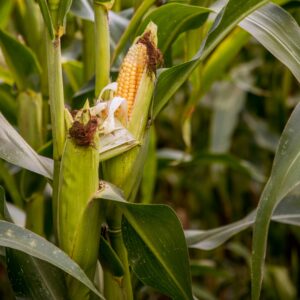
@gsafarmerdev tweets on training by Johan Kriel from Grain SA. Workshops revolve around asking and answering some questions. The questions are practical and very worthy, and we reproduce them here:
@gsafarmerdev tweets on training by Johan Kriel from Grain SA. Workshops revolve around asking and answering some questions. The questions are practical and very worthy, and we reproduce them here:
What is the crop you want to plant? Can it be grown successfully in your district? Do farmers still plant it now or have they planted it in the past 3 seasons? Are they making a profit?
Do you know the planting date, the cut – off date for planting? Soil preparation time? Dry times, very hot times, frost time?
Why this crop? What is the possible price? Is there a good market? Where will you sell? Do you have an alternative plan in place for your product?
How do you prepare your soil? Have the lands been resting, follow land unused for long? Are there compaction layers? Can you do the work in time to conserve enough moisture? Do you have production capital, equipment?
Where on your farm will you plant this crop? Have you checked the potential of your soil? Soil depth, texture, and colour? Do you have a recent soil sample result? Can you interpret it?
Whom do you buy inputs from, which company? Do you know how to get a quotation, compare price & product? Where will you store your inputs? Who will do the contracting work for you? Is he to be trusted?
Agricultural teams at banks, associations and other role players can advise farmers on how much land is needed to produce a particular commodity to be profitable, and to give other advice. These role players are listed in the “Emerging farmer support” article on Agribook.Digital. Overviews are also given of all horticultural, industrial and agronomic crops as well as the livestock options